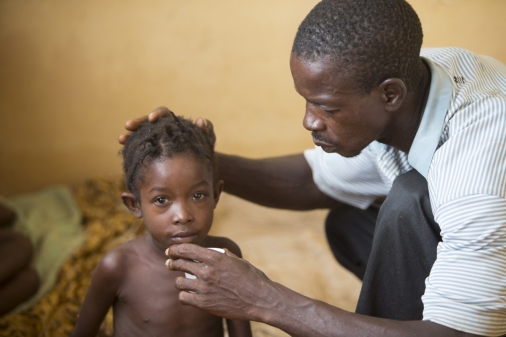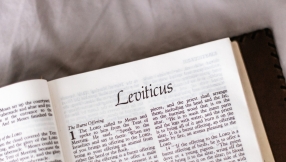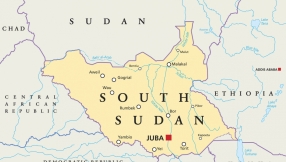
1. Ebola was a river in the Democratic Republic of Congo before it was a plague. Scientists who discovered the disease thought it would be unfair to name it after a town.
2. Poor people with inadequate healthcare suffer most: if Ebola was named after the Thames there would have been a cure years ago.
3. It's deadly but not necessarily fatal. Between 30 and 50 per cent of victims recover.
4. Officially, so far 4,493 people have died. The real figure may be around 12,000.
5. That's very sad. But 6,000 people die of malaria every two days and 2.5 million people die of HIV/Aids every year.
6. It's quite hard to catch, unlike flu, colds or chicken pox.
7. It's transmitted by direct contact with the bodily fluids of someone who actually has symptoms.
8. Some Church leaders have said really unhelpful things, like saying the virus is God's judgment for homosexuality.
9. Others have been brilliant, helping educate their congregations about the disease.
10. Some of the worst consequences may be economic as businesses pull out of West Africa: the World Bank says as much as $32.6 billion by the end of 2015.
11. That's large scale. People who rely on hunting and selling 'bush meat' are already destitute because it's an Ebola vector.
12. It's affecting agriculture too. In Sierra Leone, 40 per cent of farmers have left their fields; there's a risk of famine.
13. It is already in the US and Spain and it will probably come to the UK, but doctors know how to treat it and how to stop it. Infections so far have come from avoidable errors.
14. There won't be a vaccine soon enough to prevent people dying. There needs to be a huge public health education and treatment programme very quickly indeed.
15. Things don't look good. A fund launched by the UN's Ban Ki-moon has raised only a fraction of what's needed.









